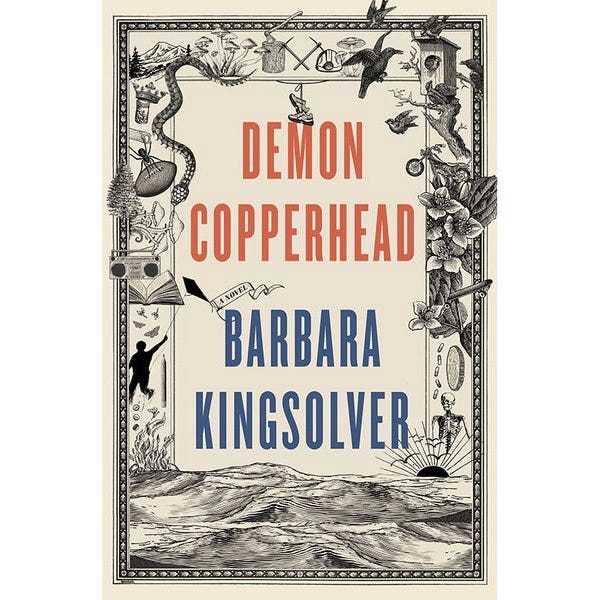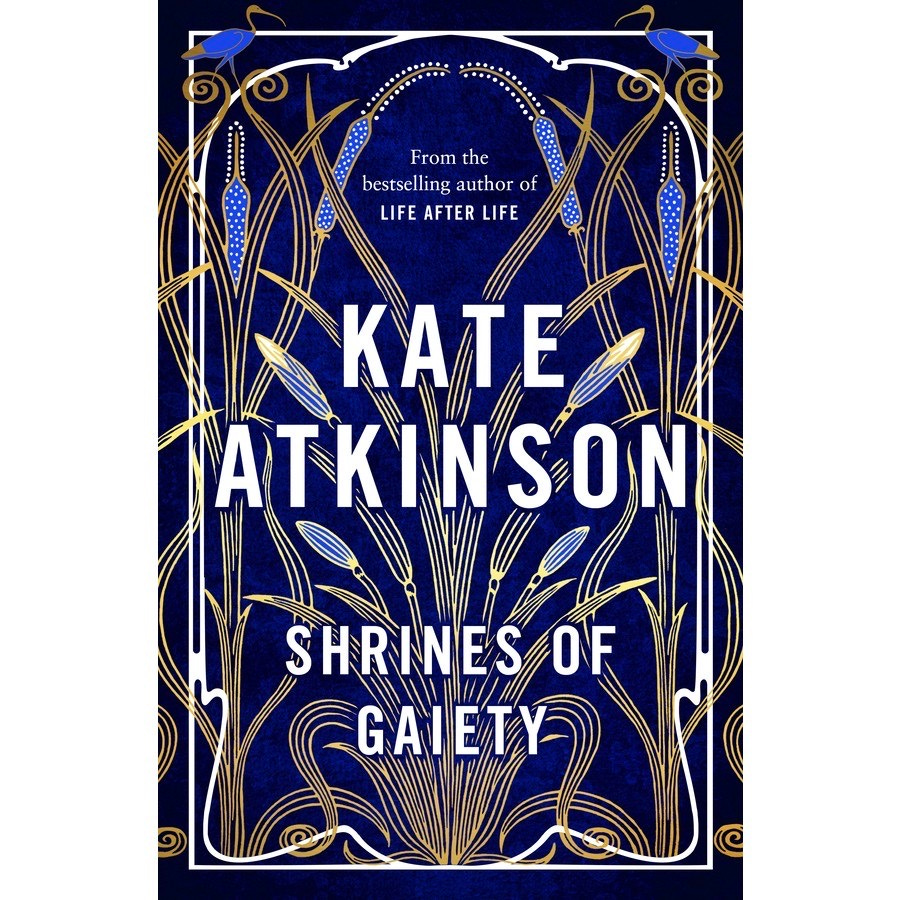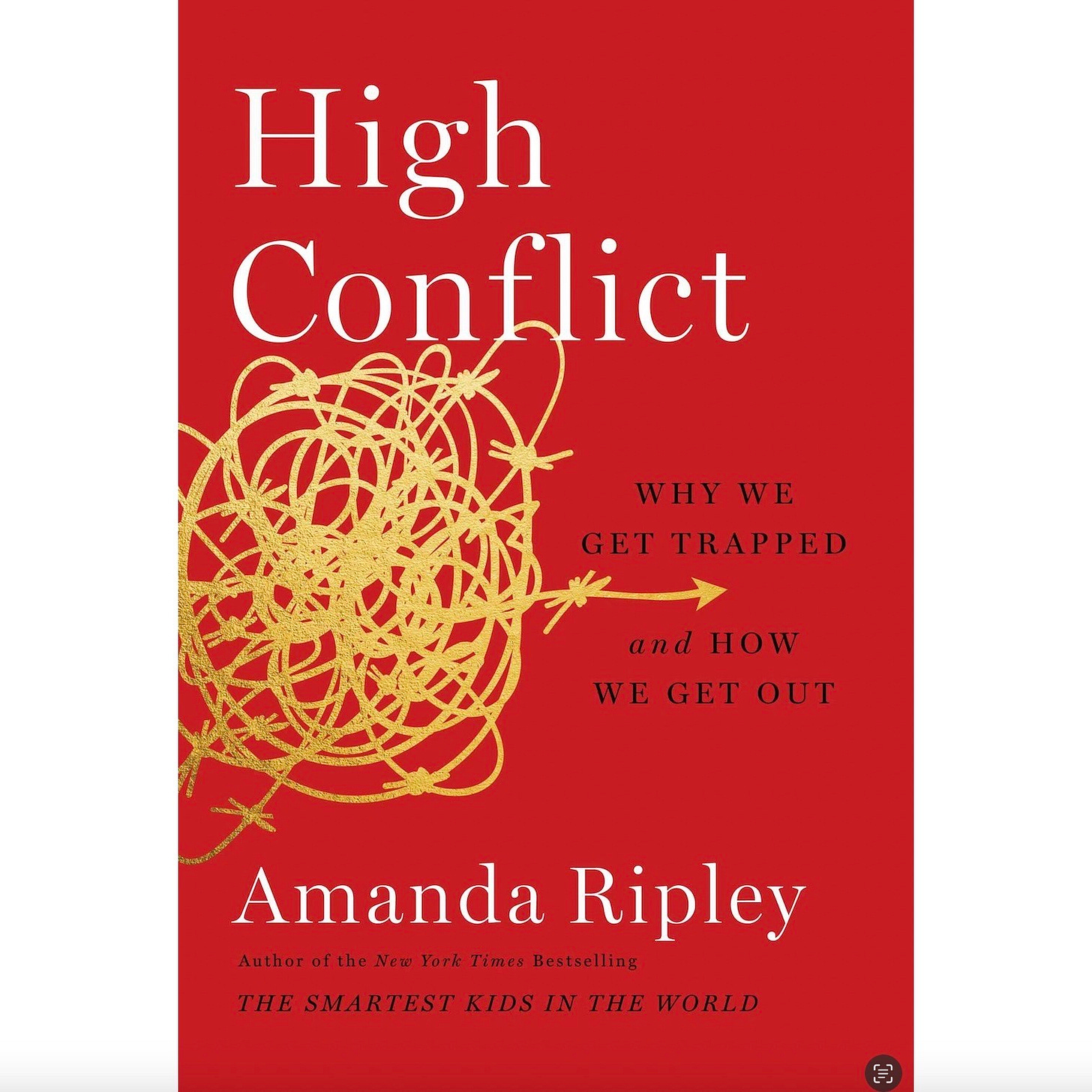Usually it’s tea in my hand, but once in a while, I pair a good book with a cold beer!
I love to read. In fact, that's what I do most evenings after my kids have gone to bed. Ever since my friend Alma told me that she created a rule for herself not to watch any TV during the workweek, I've tried to do the same. I avoid Netflix from Monday through Friday, as it inevitably causes me stay up later than I should, not to mention distracts me from things I'd rather be doing for myself.
The upside of this "rule" is that I manage to read quite a few books over the course of a year. Having a designated time for reading makes it more attainable, and it's amazing how much progress you can make just by chipping away at it, a little bit each day.
Tips for Reading More Books
I've honed a few strategies to ensure I never run out of reading material. I keep lists on my phone of books I want to read. Whenever I learn about an author or book that sounds promising, whether it's on a podcast or an article or in a conversation with a friend, I write it down.
Later, I do a quick Google search to make sure it's something I want to read, then I order it through the library's online catalog. This is an amazing service that more people should take advantage of. It's like free shopping.
Because there is no upfront investment, there are fewer limitations. I order the wildest, more unconventional books that I think I might like, knowing that I don't have to pay a cent. If I were actually buying a fraction of the books I order, I wouldn't take such literary risks because it would quickly become unaffordable, and I'd run out of space to keep them.
I end up reading 90% of the books I bring home and am frequently delighted by their randomness. As counterintuitive as it sounds, I usually only buy a book when I've already read it and loved it, and know that I want to be able to keep referencing it. (I make exceptions for specific authors.) I do the same for cookbooks, testing them first before investing in my own copy.
Sticky Flags & Index Cards
I read about twice as many nonfiction books as fiction—but that's because I am constantly in research mode as a writer. Several years ago I adopted Ryan Holiday's approach to reading, using little sticky flags to mark sections that I think are profound or provocative, and then transferring those ideas to index cards for eventual filing in my ever-growing collection of cards. Generally, I don't read fiction with sticky flags, but sometimes there are quotes that cause me to jump out of my seat and take note.
My box of index cards would look confusing to an outside observer, but to me it is a treasure trove of information that someday might help me write future books. It was an integral part of my last research process, while outlining and writing Childhood Unplugged, ensuring that I never lost track of critical information.
Recent Reads
As for what I've been reading lately, here are four books I enjoyed from the first part of this year.
1. Demon Copperhead by Barbara Kingsolver
This hefty novel by one of America's famous novelists is a retelling of David Copperfield by Charles Dickens. It is set in rural Appalachia in more or less modern times, replacing Dickens' Industrial Revolution era with the opioid epidemic. Kingsolver looks specifically at the effect on kids, told from the perspective of a boy named Demon, and it is sobering.
He moves through the foster care system, working menial jobs and struggling in school, eventually becoming addicted to painkillers. Throughout the story, Demon has a wonderful sense of humour and a clarity of perspective that's both endearing and heart-wrenching.
This book touched me because it shines a light on rural life and takes a stand against the urban tendency to belittle and mock rural dwellers as being backward and less intelligent than city people. This is something I take issue with personally, but that may be a conversation for another day.
2. Shrines of Gaiety by Kate Atkinson
Atkinson is one of my all-time favourite authors (and, I just discovered, a close relative of one of my friends. Swoon). Every time she writes a book, I order it immediately. Shrines of Gaiety takes place during the 1920s in London among its dark and seedy nightclubs, owned by a powerful and mysterious woman named Nellie Coker. Coker is released from jail in the first scene, and the novel goes on to describe her efforts to regain control of her empire—and her many offspring. There's a murder mystery tied up in it, too, which is Atkinson's specialty.
I have to say, though, that this wasn't my favourite of hers. The pace seemed to slow partway through, and it took a bit more effort to finish than any of her other books. Still, it was a fun little journey into another time and place, aptly described by the Guardian as landing like "light refreshment—a cocktail of fizz and melancholy, generously poured."
3. Our Missing Hearts by Celeste Ng
I was not expecting this book to be so riveting, though I should not have been surprised; Ng's other two books had the same effect on me. This is a dystopian novel set in a future United States where Chinese-Americans are spurned and books are burned. Punishments are doled out liberally for anyone who disobeys a national law called PACT, the Preserving American Culture and Traditions Act.
It's a country where children are encouraged to inform on their families and are seized if their parents are thought to be politically subversive. They disappear into an untraceable foster care system for reeducation.
The book follows one particular family—and the sacrifice a mother makes to protect her child, though the child may not see it in the same way. The book is disturbing, not least of all because it's uncomfortably realistic, but excellent.
4. High Conflict: Why We Get Trapped and How We Get Out by Amanda Ripley
I listened to a podcast with Amanda Ripley and was so impressed that I ordered her book immediately. The book did not disappoint. Ripley is fascinated by conflict and argues that we need far more of it in our lives—but the good kind, not the intractable, unproductive, divisive type of conflict that is dominating society today.
Using examples from Colombian guerrilla fighters and Chicago street gangs to local California politics to the Israel-Palestine conflict to divorce courts, Ripley lays out rules for navigating conflict and resolving it effectively.
She talks about the importance of "complicating the narrative," of staying curious, of listening and "looping" back people's explanations of their beliefs to ensure you've understood, of asking the right questions to keep things moving. I was fascinated by the stories of high-level negotiation and tactics for allowing former terrorists, criminals, and guerrilla fighters to reintegrate into society successfully.
"Always be suspicious of a simple story" is one piece of advice I want to remember.
Other Honourable Mentions:
Saving Time: Discovering a Life Beyond the Clock by Jenny Odell
Great Circle by Maggie Shipstead (shortlisted for the 2021 Booker Prize)
We Need to Talk: How to Have Conversations That Matter by Celeste Headlee (I wrote about it here)
Easy Beauty: A Memoir by Chloé Cooper Jones
I’m always open to recommendations, if you have them! Feel free to leave in comments below.









Please never stop sharing your recommended reads!
I recently devoured "Circe" by Madeline Miller and "The Perfectionists Guide to Losing Control" by Katherine Schafler (this is a buy and mark-up, I do the same!)
I liked a lot of your articles on Treehugger also and found them informative.